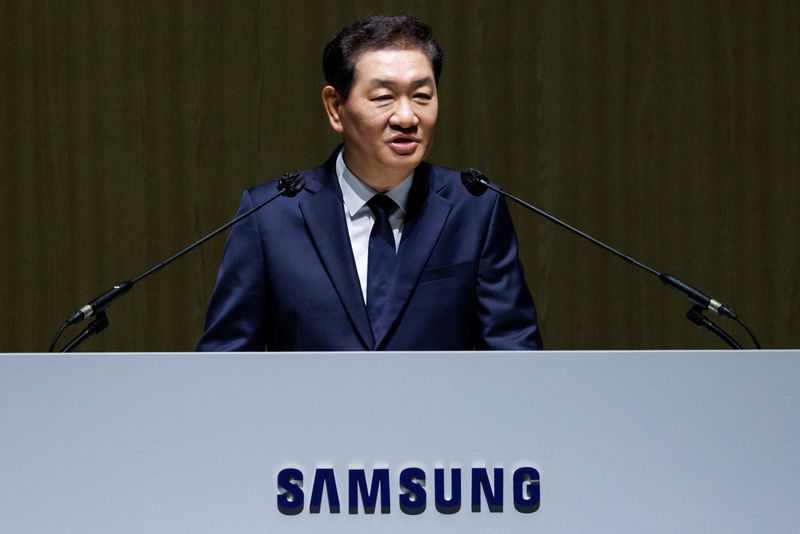White House Denies AP Access for Using 'Gulf of Mexico' in Coverage
 |
| Press Outrage Over Restrictions on Independent Journalism and Free Speech |
The Associated Press (AP) has been blocked from attending an official White House event after its journalists referred to the Gulf of Mexico by its historical name instead of the newly assigned "Gulf of America," as dictated by President Trump’s administration. The incident has raised serious concerns about the administration's increasing pressure on the press and its attempts to dictate the language used by media outlets in covering official events.
On February 11, 2025, the AP reported that its reporters were barred from covering President Trump's signing of an executive order regarding government efficiency and changes, specifically due to the news agency's refusal to adopt the Trump administration's preferred terminology. AP Executive Editor Julie Pace voiced her concern in a statement, calling it “alarming” that the White House would impose such restrictions on a reputable news organization simply for adhering to journalistic integrity. She emphasized that this move was not only an infringement on free speech but also a violation of the First Amendment, which guarantees the public’s right to independent news coverage.
The executive order, signed by President Trump on his first day in office, officially renamed the Gulf of Mexico as the Gulf of America. Trump and his close adviser, Elon Musk, both discussed the economic significance of this decision, which they claimed was crucial for recognizing the region's vital role in the U.S. economy. The event held on Air Force One en route to New Orleans, Louisiana, was seen as highly newsworthy, particularly since it involved discussions around sweeping government cuts as part of Musk’s government efficiency project, DOGE (Department of Optimizing Government Efficiency).
The White House has yet to respond to NPR’s request for comment regarding the AP's exclusion from the event. This move is part of a broader pattern observed under the Trump administration, which has increasingly exerted influence over news outlets by limiting access to important locations, including the Oval Office, and initiating investigations against critical media organizations. These actions have drawn heavy criticism from media watchdogs and press freedom advocates alike.
The Associated Press, known for its global influence, maintains that the Gulf of Mexico should retain its traditional name. The AP Stylebook, a widely respected guide used by journalists worldwide, recommends that media outlets continue to refer to the body of water as the Gulf of Mexico, despite Trump's executive order. The updated guidance from the AP Stylebook notes that while it acknowledges the president’s new title, it insists on using the historic name to reflect the body of water's identity over the past four centuries. The new name, "Gulf of America," is only used within the United States, as other countries and international bodies, such as Mexico, are not bound by this change.
The incident highlights the growing concern about the Trump administration’s handling of press freedoms and its efforts to shape the public narrative. This development is not an isolated case, as there have been increasing efforts to restrict journalistic freedoms, including the exclusion of major media organizations from critical government functions. Recent reports indicate that the Pentagon, under the leadership of Defense Secretary Pete Hegseth, has relocated multiple mainstream news outlets, including NPR, CNN, and the New York Times, in favor of conservative-leaning publications like Breitbart, One America News Network, and Newsmax.
Such actions, including legal battles against ABC News and Facebook, have drawn sharp criticisms from the media and legal experts, who view them as attempts to suppress independent reporting. Trump’s regulatory control over the broadcast industry, led by Federal Communications Commissioner Brendan Carr, has also raised concerns. Carr has launched investigations into prominent news organizations like ABC, CBS, and NPR, questioning their diversity and inclusion policies, which further fuels the ongoing debate over government overreach into the media landscape.
The move to block AP’s coverage based on its editorial decisions underscores a disturbing trend in the Trump administration’s treatment of the press. Several news organizations, including Politico, have publicly condemned the decision, emphasizing that the White House should not dictate the editorial policies of independent journalism. Eugene Daniels, president of the White House Correspondents' Association, expressed strong disapproval, calling the action “unacceptable” and reinforcing the importance of maintaining press freedom, especially when it concerns critical government events.
As tensions between the Trump administration and the media continue to escalate, the future of journalistic independence faces a significant challenge. The case also raises questions about how far the administration will go in controlling the narrative and whether its actions will set a precedent for future interactions between the government and the press. Media organizations, press freedom advocates, and legal experts are closely monitoring the situation, hoping that the principles of a free press will remain intact amidst growing pressures to conform.



Comments
Post a Comment